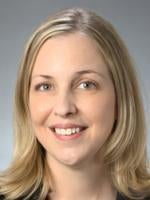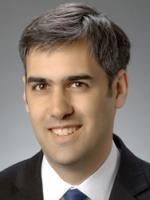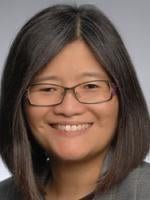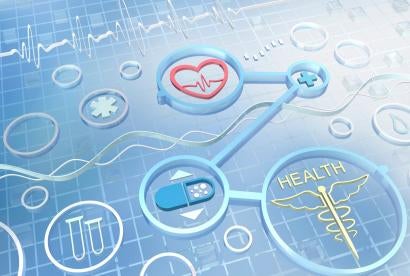The Centers for Medicare and Medicaid Services (CMS) has approved a new section 1115 Medicaid demonstration for the state of California. Under the demonstration, the California Department of Health Care Services (DHCS) will develop and redesign components of its Medicaid delivery system consistent with the approved terms and conditions, creating significant changes to California’s Medicaid program, entitled Medi-Cal. The new demonstration, entitled “Medi-Cal 2020,” is authorized for a five-year period from January 1, 2016 through December 31, 2020.
The Medi-Cal 2020 terms and conditions reflect policy goals that were agreed to between the state of California and CMS following months of negotiation, including a goal of transforming the Medicaid delivery system to promote sustainable, value-based models of care. These priorities and the programs developed are likely to serve as models for other states. Medi-Cal 2020 also continues a history of innovation in California’s Medicaid program. Under its previous “Bridge to Reform” Medicaid demonstration, California was among the first states in the country to extend Medicaid program benefits to low-income adults under the authority of the Affordable Care Act through county-led Low Income Health Programs (LIHPs), and implemented the country’s first delivery system reform and incentive pool (DSRIP).
Some of the new initiatives authorized by the Medi-Cal 2020 demonstration are summarized below.
-
PRIME. Under the Public Hospital Redesign and Incentives in Medi-Cal (PRIME) Program, designated public hospital systems and California’s district municipal hospitals may earn incentive payments that support efforts to change care delivery and strengthen their ability to participate in risk-based alternative payment methodologies. As part of the demonstration, California’s designated public hospital systems will shift to alternative payment methodologies through managed care plans, moving toward value-based payment structures over the course of the demonstration. During the first three years of the demonstration, designated public hospital systems may earn up to $1.4 billion in federal funding, and district municipal hospitals may earn up to $400 billion. These amounts are reduced in the fourth and fifth years of the demonstration. The PRIME payments build upon the framework established by the state’s DSRIP program; PRIME represents the first five-year extension of a DSRIP program in the nation. Participating public entities will provide the non-federal share of the payments.
-
Global Payment Program. During the demonstration, California will transform and combine disproportionate share hospital payments and payments previously available under the state’s safety net uncompensated care pool into a single, value-based payment stream for participating county hospital systems. The goal of the Global Payment Program is to change the way public health care systems in California are compensated for the state’s remaining uninsured residents, with a focus on value, rather than volume, of care provided. The program payments will incorporate factors that shift the overall delivery of services for the uninsured to more appropriate settings and reinforce structural changes to the care delivery system that will improve the options for treating both Medicaid and uninsured patients. Approximately $2.9 billion in funding is available for the Global Payment Program in the first year of the demonstration; funding for future years will be determined following a study on the extent of uncompensated care. Participating public entities will provide the non-federal share of the payments.
-
Dental Transformation Initiative. The demonstration provides for incentive payments to Medi-Cal dental providers to support and award achievements in one or more key areas, such as increasing preventive services utilization for children, caries risk assessment/disease management, and increasing the continuity of care within a population. The demonstration also authorizes the development of local dental pilots to test strategies in these areas, which may be expanded statewide if they are determined to be successful. $740 million in funding is available for the Dental Transformation Initiative during the demonstration.
-
Whole Person Care Pilots. Under the demonstration, federal funding will be available for pilot programs that target high-risk, high-utilizing Medicaid populations. The Whole Person Care Pilots are intended to integrate a wide range of services and supports (e.g., physical health, behavioral health, housing and food assistance, and other social services). DHCS will issue a request for applications soliciting interest in participating in the pilots and the specific programs that would be implemented. Applications may be submitted by counties, health authorities, and other units of local government, with input and participation from local community partners. During the demonstration, $3 billion in funding is available for Whole Person Care pilots; participating units of government will provide the non-federal share of the payments.
DHCS, CMS, and stakeholders continue to work to finalize details of these programs so that they may be implemented. The demonstration also continues previously approved programs, including the operation of California’s Medicaid managed care systems, Drug Medi-Cal Organized Delivery System, the Coordinated Care Initiative (including Cal Medi-Connect) that integrates care for Medicaid and Medicare beneficiaries, and the state’s Community-Based Adult Services program.






 i
i

